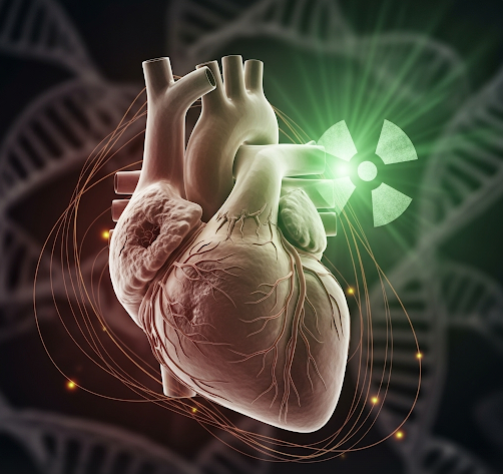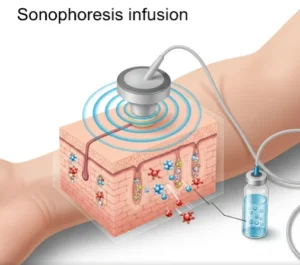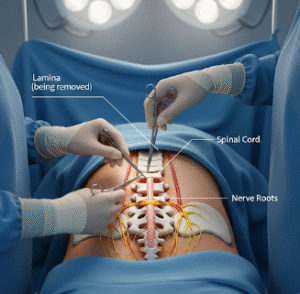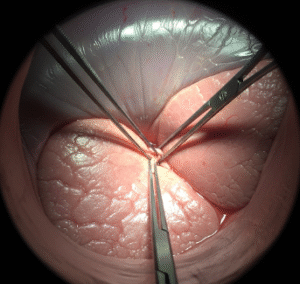Overview
Radiation heart disease refers to heart damage caused by radiation therapy to the chest, often given for cancers such as breast cancer, lung cancer, lymphoma, or esophageal cancer. While radiation effectively treats cancer, it can also injure heart tissues, including the heart muscle, valves, arteries, and pericardium. The effects may appear months or years after treatment. In Korea, leading hospitals use advanced radiation techniques to minimize cardiac exposure and provide comprehensive care for patients with radiation-induced heart problems.
What is Radiation Heart Disease?
Radiation heart disease is an umbrella term covering a range of cardiac conditions that develop due to prior exposure to radiation therapy in the chest area. These may include:
- Coronary artery disease
- Cardiomyopathy (heart muscle damage)
- Pericarditis (inflammation of the sac around the heart)
- Heart valve damage
- Arrhythmias (abnormal heart rhythms)
Damage occurs when radiation triggers inflammation, scarring, or accelerated atherosclerosis in heart tissues.
Symptoms
- Chest pain or pressure (angina)
- Shortness of breath, especially during activity
- Fatigue and weakness
- Swelling in the legs, ankles, or abdomen
- Irregular heartbeat or palpitations
- Dizziness or fainting
- Persistent cough or difficulty breathing when lying flat
Causes
Radiation heart disease is caused by unintentional exposure of the heart to high doses of radiation during cancer treatment. This can lead to:
- Damage to coronary arteries, causing narrowing or blockages
- Fibrosis (scarring) of heart muscle or valves
- Thickening of the pericardium
- Disruption of the heart’s electrical conduction system
Risk Factors
- Higher total radiation dose to the chest
- Large treatment fields that include part of the heart
- Concurrent chemotherapy (especially anthracyclines)
- Younger age at time of treatment
- Pre-existing heart disease or high blood pressure
- Smoking, diabetes, or high cholesterol
Complications
- Heart attack
- Heart failure
- Severe arrhythmias
- Pericardial effusion (fluid around the heart)
- Sudden cardiac arrest
Prevention
- Using advanced targeting techniques such as Deep Inspiration Breath Hold (DIBH), IMRT, or proton therapy to reduce heart exposure
- Regular cardiac monitoring during and after treatment
- Managing cardiovascular risk factors such as high blood pressure, cholesterol, and diabetes
- Avoiding smoking and maintaining a healthy lifestyle
Treatment Options in Korea
Diagnosis
Korean cardiologists use echocardiography, electrocardiograms (ECG), cardiac MRI, CT angiography, and stress tests to detect early signs of radiation heart disease.
Medical Treatments
- Medications to improve heart function (beta-blockers, ACE inhibitors)
- Antiarrhythmic drugs for abnormal rhythms
- Cholesterol-lowering and blood pressure control medications
Surgical or Advanced Therapies
- Coronary angioplasty and stenting for blocked arteries
- Heart valve repair or replacement
- Pericardiectomy for constrictive pericarditis
- Implantable devices such as pacemakers or defibrillators for rhythm control
Rehabilitation and Support
- Cardiac rehabilitation programs to restore heart health
- Lifestyle counseling to reduce further cardiac risk
- Long-term follow-up with both oncologists and cardiologists













